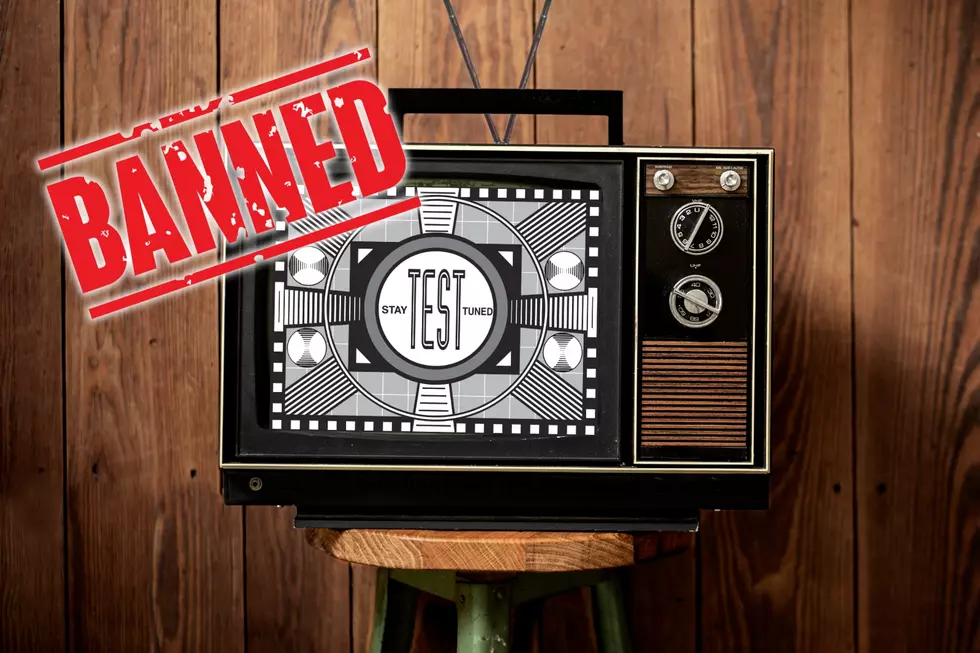
The Boston Marathon and Head of the Charles Regatta No Good For Boston Olympics
The Boston Marathon dates back to 1897 and the Head of the Charles Regatta celebrates its 50-year-anniverasary this year. Despite the tradition and all its glory, these venues in which they are held will not be used in the Olympics. According to the Boston Globe, The decrease in elevation of the classic Boston Marathon exceeds the national standard. This is why Geoffrey Mutai’s 2011 run wasn't considered a world record by the international track and field federation.
The Charles River also has it issues when being considered for the Olympics. Specifically, has too much current, wind and bridges across its straightaways.
Luckily, the bid committee submitted alternative venues, including sites here on the Southcoast, in case the desired options were turned down.
The problem is that finding venues for outdoor activities is usually more expensive. It is mainly due to the idea that original venues are usually rejected. Cities would have to come up with more money to alter the desired venues or improve other accepted venues.
Most Olympics hosts do not have suitable rowing courses in the area. Lowell's existing course would need significant changes to meet the Olympics requirement. The Rourke Bridge would have to be removed and the riverbanks need to be reconfigured to make room for televisions cameras and thousands of spectators.
A huge factor in the selection of hosts is the landmarks that the city has to offer. Hyde Park was named as one of the landmarks to hopefully meet the Olympics standards.
Franklin Park, which would host the equestrian events and The Common, which would host the beach volleyballs events, also need several alterations.
The International Olympic Committee will choose the host city in 2017.
More From WFHN-FM/FUN 107









